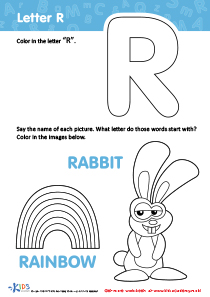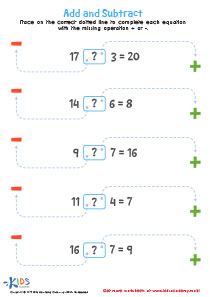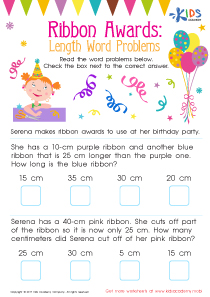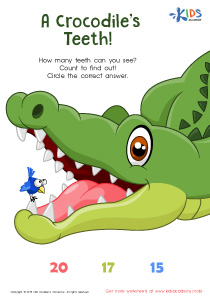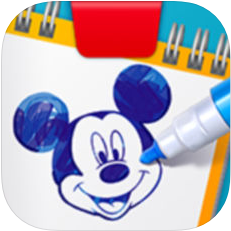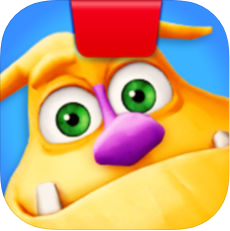13 results
Arts for Ages 3-5: Exploring Creativity Through Play
Dive into the colorful world of Arts for Ages 3-5, where imagination and creativity come alive! Our specially designed lessons encourage young minds to explore, create, and express themselves in a fun and engaging way. Through a delightful mix of interactive worksheets, captivating educational videos, and playful assessment quizzes, children will embark on a creative adventure, learning about various art forms and techniques. Ideal for fostering artistic talents and developing cognitive skills, our program is the perfect start for your little artist's journey into the wonderful world of arts. Join us and watch their creativity blossom!
In the vibrant world of early childhood education, arts for Ages 3-5 stands out as a beacon of creativity and exploration, promising a plethora of benefits for young learners. This unique program, designed with the developmental needs of preschoolers in mind, offers an engaging blend of interactive worksheets, educational videos, and assessment quizzes that collectively foster a well-rounded learning experience. Let us delve into how these arts lessons can be instrumental in enhancing the studies and overall development of children in this critical age bracket.
Firstly, these arts lessons serve as a fundamental tool in developing fine motor skills. For children aged 3 to 5, activities such as drawing, coloring, and cutting out shapes are not just fun; they are essential exercises that improve hand-eye coordination and dexterity. Through interactive worksheets, children get to practice these skills regularly, paving the way for more complex tasks like writing and using tools efficiently.
Moreover, the arts for Ages 3-5 program is thoughtfully designed to boost cognitive development. The process of creating art requires children to make decisions, solve problems, and think critically. When engaged with educational videos, for instance, children are introduced to concepts like colors, shapes, and patterns in an accessible and entertaining way. This not only enriches their vocabulary but also enhances their ability to recognize and organize visual information, a skill that is vital across all areas of study.
Social and emotional development is another sphere where these arts lessons make a significant impact. Participating in art activities in a group setting encourages children to express themselves, share their thoughts, and respect others' perspectives. This fosters a sense of empathy and cooperation among young learners. Furthermore, the sense of accomplishment and pride that comes with creating something uniquely their own boosts children’s self-esteem and motivates them to take on new challenges.
One of the innovative aspects of the arts for Ages 3-5 program is the inclusion of assessment quizzes. These quizzes are not about right or wrong answers; they are designed to encourage reflection and critical thinking about the artwork and the creative process. This reflective practice is crucial for academic success, as it helps children become more aware of their learning processes and understand their personal strengths and areas for improvement.
